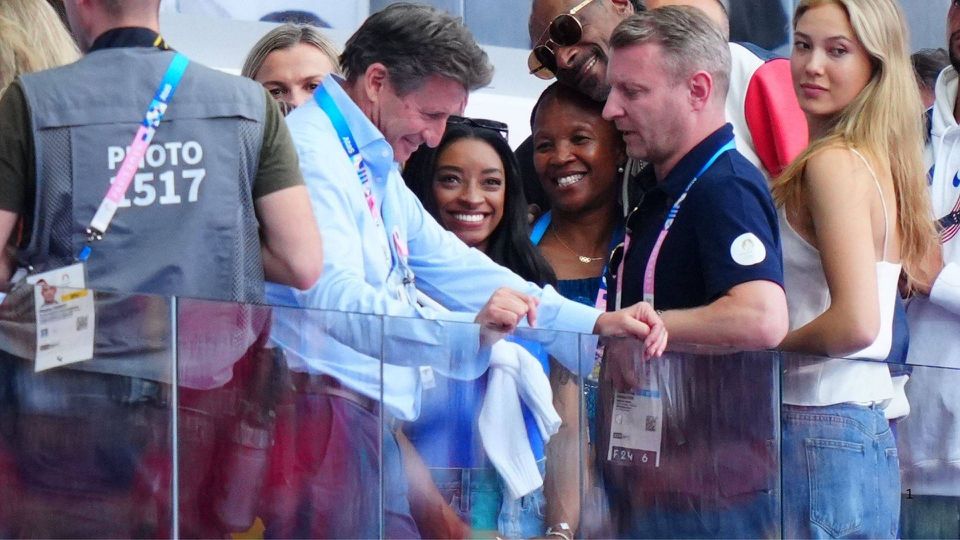World Athletics has introduced a controversial new gene test set to reshape competition in women’s sport ahead of the World Championships in Tokyo. The one-time screening, which checks for the presence of the SRY gene found on the Y chromosome, will determine eligibility for athletes competing in the female category. The test can be carried out through a simple cheek swab or blood sample and will come into effect on September 1, just two weeks before the championships begin.
According to the athletics governing body, the aim is to safeguard fairness in women’s events while ensuring the process remains non-invasive. Athletes who have not completed the test before arrival in Japan will be screened in pre-competition holding camps. Officials expect over 90 percent of female competitors to have undergone the procedure prior to the tournament.

The regulation is part of a broader tightening of policies affecting transgender athletes and those with differences of sex development (DSD). In 2023, transgender athletes who had undergone male puberty were barred from competing in female categories at international level. Since then, a working group has recommended merging transgender and DSD regulations, noting that testosterone suppression alone cannot fully eliminate the physical advantages gained through male development.
Current requirements stipulate that DSD athletes must maintain testosterone levels below a set threshold for a minimum of six months to remain eligible for women’s competition. The introduction of genetic screening adds an additional safeguard as athletics seeks to balance inclusion with fairness.

While eligibility has dominated headlines, attention has also turned to financial troubles within the sport. The newly launched Grand Slam Track series, founded in 2025 and marketed as a revolutionary competition offering lucrative rewards, has struggled to pay athletes. Promised prize money of up to $100,000 and salaries for contracted athletes have not been delivered, resulting in the cancellation of its final event earlier this year.
Without financial guarantees, the future of the competition remains uncertain. Organizers admit that stability and reliable backing are essential if new ventures are to complement established athletics circuits such as the Diamond League.
As the Tokyo World Championships draw near, the focus is split between the groundbreaking eligibility rules and the financial health of the sport. For athletes, the priority remains clarity, fairness, and trust both on the track and behind the scenes.

